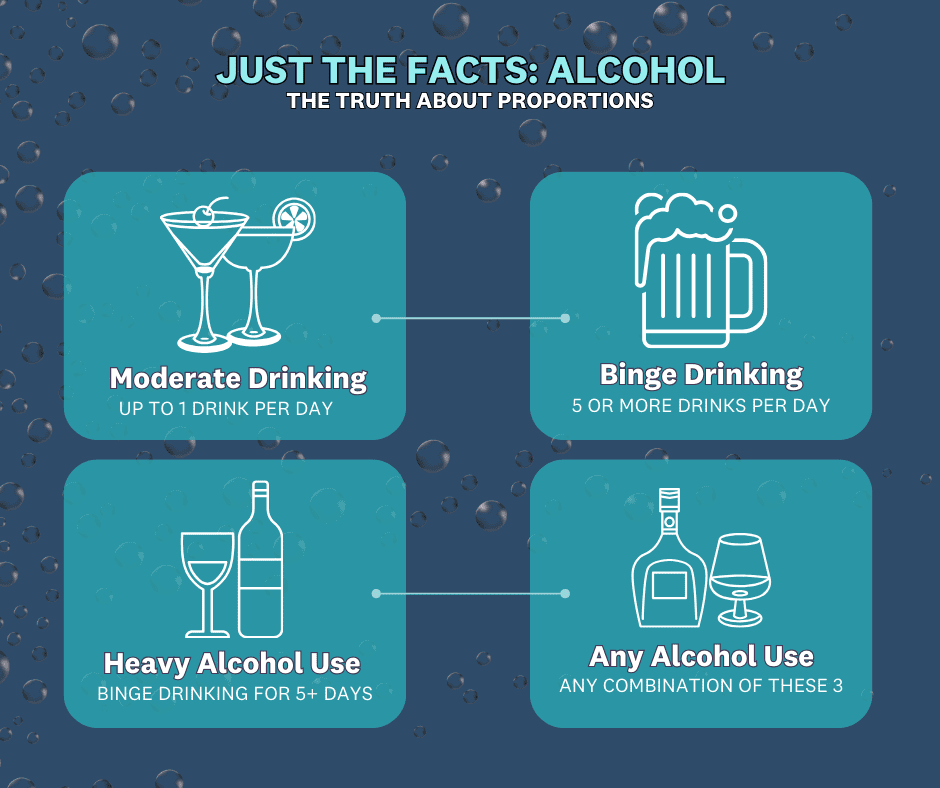Curious about your alcohol tolerance? Find out how many beers it really takes to get you buzzed, tipsy, and drunk.

Image courtesy of Anete Lusina via Pexels
Table of Contents
Are you curious about how many beers it takes to get drunk? It’s a common question among social drinkers and partygoers who want to understand their alcohol tolerance levels and how their bodies react to alcohol. In this blog post, we will delve into the science behind alcohol intoxication and explore the various factors that influence how many beers it takes to get drunk.
Alcohol Metabolism
Alcohol metabolism plays a crucial role in how quickly a person gets drunk. When you consume alcohol, your body goes through a process where the alcohol is broken down into acetaldehyde and then further metabolized into acetate. The liver is responsible for metabolizing alcohol, and the rate at which it does so can vary depending on several factors.
Factors such as age, gender, and body weight can influence how quickly your body metabolizes alcohol. Generally, younger individuals have faster metabolism rates than older individuals, meaning they may process alcohol more quickly. Additionally, men tend to metabolize alcohol faster than women due to differences in body composition and enzyme activity. Body weight can also play a role, as larger individuals may have more body mass to absorb and distribute alcohol, potentially leading to a slower intoxication process.
Individual Tolerance Levels
Understanding your individual tolerance to alcohol is essential when gauging how many beers it takes to get drunk. Tolerance levels can vary widely among individuals and are influenced by several factors. Genetics, alcohol consumption habits, and overall health all play a role in determining how well your body can handle alcohol.
Some people may have a higher tolerance to alcohol due to genetic factors that affect how their bodies metabolize alcohol. Those who regularly consume alcohol may also develop a tolerance over time, meaning they may need to consume more alcohol to feel the same level of intoxication. Additionally, individuals with underlying health conditions may have lower tolerance levels and be more susceptible to the effects of alcohol.
Influencing Intoxication
Various factors can influence how drunk a person gets after consuming beer. One significant factor is food consumption. Eating food before or while drinking can slow down the absorption of alcohol in the bloodstream, potentially reducing the effects of intoxication. Staying hydrated by drinking water between alcoholic beverages can also help lessen the impact of alcohol on the body.

Image courtesy of www.safeproject.us via Google Images
Mixing alcohol with other substances, such as medications or illicit drugs, can amplify the effects of intoxication and increase the risk of alcohol poisoning. It’s essential to be mindful of what you are consuming and how it may interact with alcohol to avoid potentially dangerous situations.
Conclusion
Understanding how many beers it takes to get drunk involves considering multiple factors, from alcohol metabolism to individual tolerance levels and influencing intoxication factors. By being aware of these factors and practicing responsible drinking habits, you can better gauge your alcohol consumption and make informed decisions about when to stop drinking. Remember to know your limits, drink in moderation, and prioritize your safety and well-being when consuming alcohol.
FAQ
How many beers does it take to get buzzed?
Answer 1: The number of beers needed to feel buzzed varies for each person, depending on factors like body weight, metabolism, and tolerance levels. On average, it may take 1-2 beers for some individuals to start feeling buzzed.
How do individual tolerance levels affect alcohol intoxication?
Answer 2: Individual tolerance levels play a significant role in how many beers it takes to get drunk. Those with higher tolerance levels may require more beers to feel intoxicated, while individuals with lower tolerance levels can get drunk more quickly with fewer drinks.
Does food consumption impact alcohol intoxication?
Answer 3: Yes, consuming food before or while drinking can help slow down the absorption of alcohol in the bloodstream, potentially reducing the effects of intoxication. Eating while drinking can also help maintain blood sugar levels and lessen the impact of alcohol on the body.
How can mixing alcohol with other substances affect intoxication?
Answer 4: Mixing alcohol with medications or illicit drugs can amplify the effects of intoxication and increase the risk of alcohol poisoning. It’s crucial to be aware of the potential interactions between alcohol and other substances to avoid dangerous situations and prioritize your health and safety.
Generated by Texta.ai Blog Automation
Leave a Reply